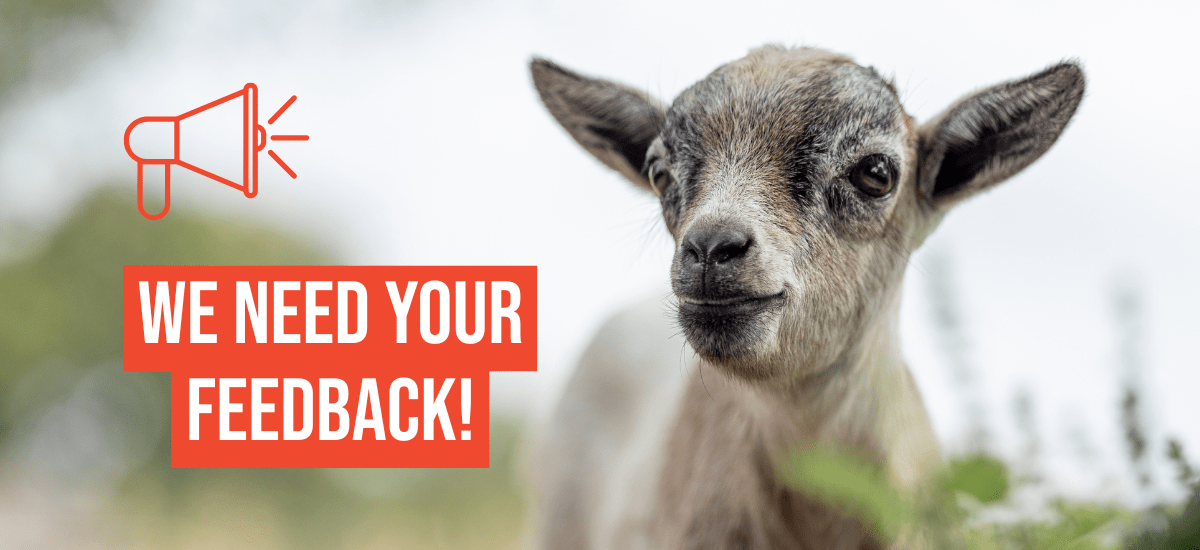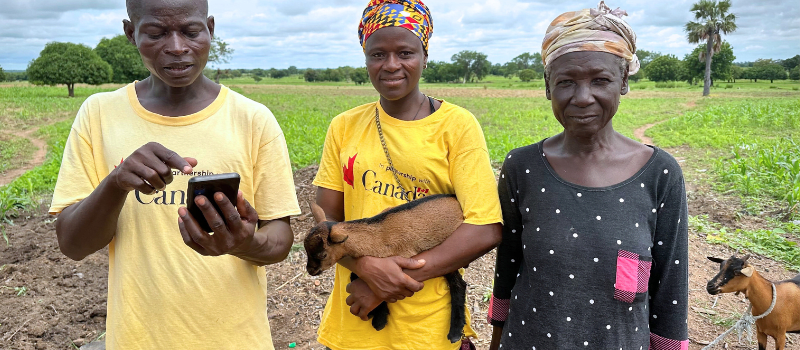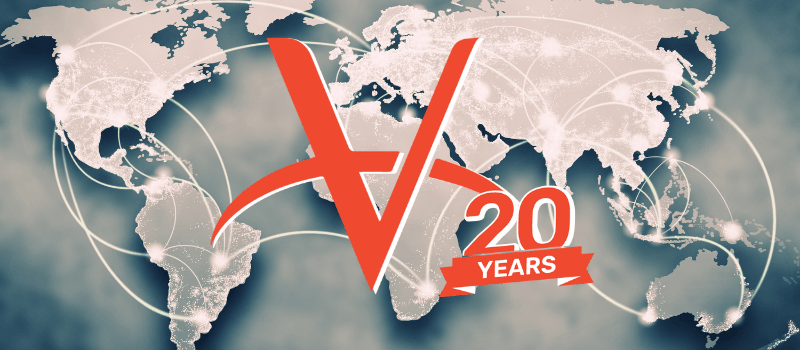Four Canadian volunteers share the story of their first week with Veterinarians Without Borders in Meru, Kenya.
Our four Canadian volunteers arrived in Meru, eastern Kenya, after a few hours of driving through the mountainous Kenyan landscape. They quickly got settled in to what would be their new home for the next three weeks. Our Meru volunteer team for the first week was comprised of:
- Dr. Kelli Pinner, a bovine veterinarian with 10 years of experience from Southern Alberta
- Blaire Toop, a veterinary technician from British Columbia
- Joy Willis, a veterinary technician from Southern Alberta
- Natalia Hanson, a public relations professional from Ontario
There wasn’t much time to rest. Our team came to Meru on a mission and they were ready and eager to get started.
On the first two days of work, the team was taken to a training farm, where they were welcomed by 25 extension officers and artificial insemination (AI) technicians, all members of the Meru Dairy Co-Operative. Dr. Pinner, having volunteered in Meru twice before, already knew some of these co-operative members, which allowed for a quick and easy rapport.
The morning and afternoon sessions promptly got started with Dr. Pinner encouraging extension officers and AI techs to bring their questions forward so they could be addressed throughout the presentation.
Dr. Pinner, assisted by our vet techs Joy and Blaire, jotted down the most common questions and topics related to cow care and comfort, breeding, artificial insemination, and calf care.
Both days were informative and engaging. Our team made the time to visit the stalls on site to provide recommendations on feeding, stall design and bedding, deworming protocols, dehorning of calves, nutrition, and more. Extension officers and AI technicians had the opportunity to watch Dr. Pinner, Blaire and Joy in action, performing hands-on work on the cows and calves.
Farm visits were in order for days three and four. The team visited a total of five farms in the towns of Kanyakine and Kiamitumi, where they assessed farmers’ cows and provided recommendations to the farmers in regard to housing, nutrition, and more.
A training session was also held on each day, where a total of 45 dairy farmers increased their knowledge on topics related to nutrition, cow comfort and calf rearing, among others.
To finish off the first week, three out of the four members of Team Meru – Joy, Blaire and Natalia – headed off to Samburu National Reserve for their first safari experience. Sadly, Dr. Pinner was scheduled to return back to Canada for work, so she couldn’t join the team on this incredible expedition.
The Meru volunteers met up with Dr. Anne Drew, Dr. Claudia Koch, Dr. Melissa Knowles and Karissa Gall; our volunteers in the town of Mukurweini.
The weekend was spent relaxing by the pool, feasting on the buffet, and of course, taking in the breathtaking sight of wild animals in their natural habitats.
Dr. Anne Drew bid farewell to the Mukurweini team and headed back to Meru with Blaire, Joy and Natalia for her last two weeks of the placement.






